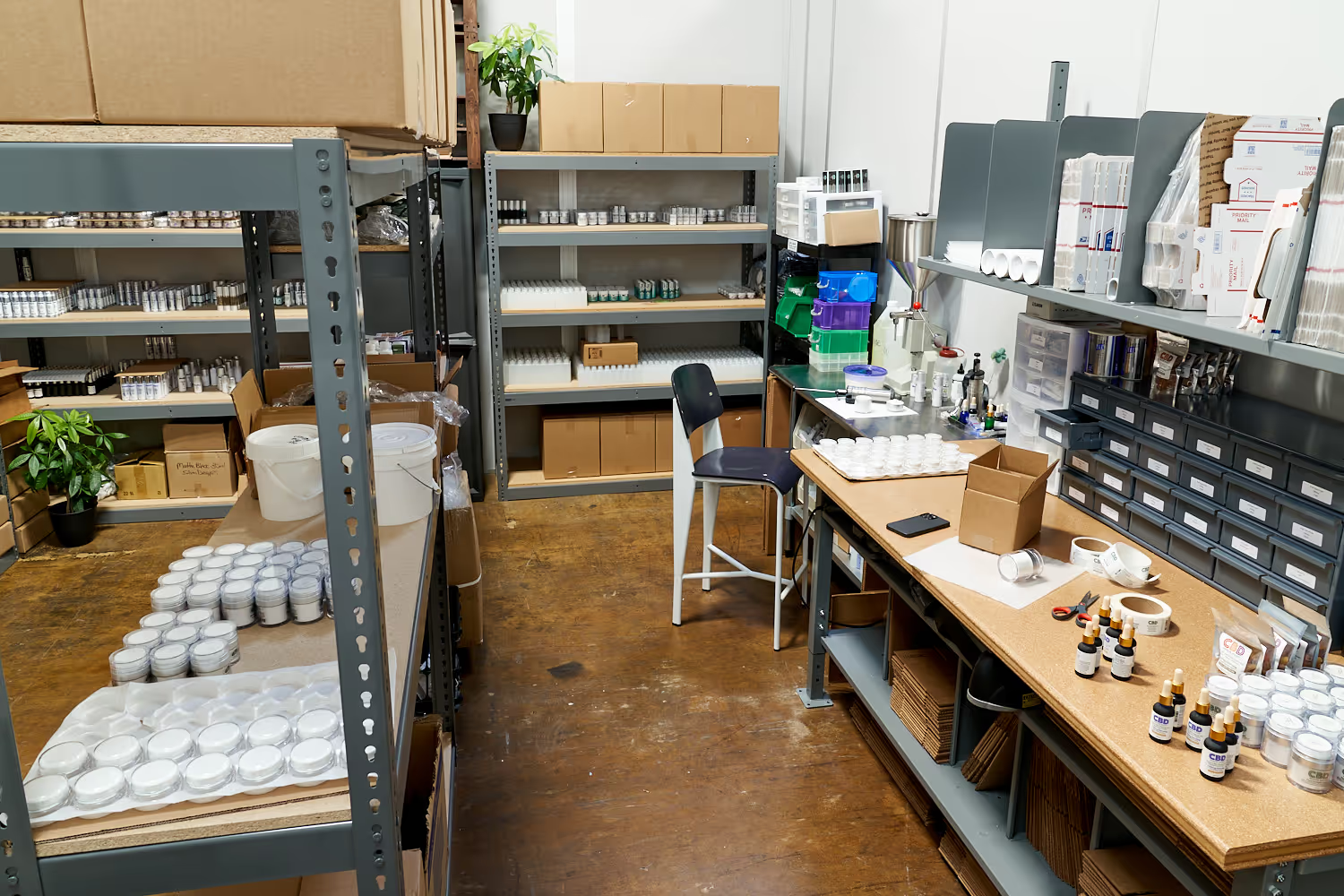Key takeaways
Tariffs are reshaping ecommerce: What business leaders are saying
Last week, global trade and ecommerce experts convened for a lively discussion about how the recently announced tariff increases might impact ecommerce and product-based businesses. Tyler Scriven (Co-Founder and CEO of Saltbox) led the conversation, with significant contributions from Angela Hawkins (Founder & CEO of Bamblu) and Richard Peretz (Venture Partner at Playground and former CFO at UPS). Tyler's personal experience as a small business owner set the stage for a lively back-and-forth, where insights on navigating the current tariff realities emerged.
Real talk from small business owners: Angela Hawkins on tariff fallout
The conversation turned to Angela, shedding light on her apprehensions about how tariffs are affecting her eco-conscious bedding brand. With most of her products made of bamboo fabric hailing from China, she experiences firsthand the repercussions of government decisions and the resultant relationship strains among suppliers. Her perspective provided a noteworthy glimpse into operating amidst global trade uncertainties.
Angela went further on to mention her lobbying efforts for small businesses during a press conference in Washington's iconic Rose Garden, post the announcement of tariffs. Angela's discourse on the sudden domino of adversities stemmed from tariff impositions, from investor attritions to inevitable product-line pullbacks, painted a grim picture for businesses operating under prevailing uncertainties.
Demystifying tariff mechanics: What logistics experts want you to know
Shifting gears, Richard waded through the mechanics of tariffs, demystifying the bill receiving processes, discrepancies in shipping methodologies, and their upshots on businesses. As a veteran in the logistics industry, Richard's insights brought focus on tariff dynamics and placed the spotlight squarely on their larger societal and economic impacts.
De minimis changes and customs reform: What importers need to prepare for
One of the key points in this discussion was an exploration into the changes in formal and informal customs entries. Tyler remarked on these changes for businesses importing from countries like China. Especially with the removal of the de minimis tax loophole (applicable for goods under $800), businesses face an uphill task with higher tariffs, stray charges, and additional documentation requirements.
This change confronts businesses with potential supply cost increases and the inevitable search for new manufacturing locations.
Navigating supplier relationships under tariff pressure
A crucial point of discussion was the ability and necessity for clear and strategic communication with suppliers. Tyler stressed lobbying for businesses' best interests and navigational negotiation given the tariff hindrances. A unified voice for the impacted businesses and strategic cost-cutting measures, Tyler insinuated, could potentially alleviate some regulatory burdens.
Advocacy in action: Why small businesses must speak up
Angela lent an insightful voice about the importance of lobbying from small businesses. She stressed:
"They want them to know that the decisions that they're making are positively affecting their constituents, their constituents that are in their communities, boots on the ground, doing the work."
This sentiment underscored the importance of grassroots advocacy and the drive towards the beneficial legal transformation for businesses.
Staying agile: Sourcing strategies and manufacturing alternatives
The conversation rounded off to Canada's current tariff state, where Tyler placed emphasis on staying informed amidst an unwaveringly transforming landscape. How does one stay informed? Angela suggests referring to reliable sources like National Retail Federation (NRF) newsletters. For businesses, remaining flexible during uncertain times and utilizing spaces like Saltbox may lead to reduced operation costs and increased flexibility, as highlighted by Tyler.
For the novice business owners contemplating manufacturing in China, Tyler proposed considering alternative sourcing options to evade market volatility. Dual sourcing emerged as a long-term strategy to lessen risks associated with tariffs and trade shifts. Tyler, further, suggested leveraging sourcing agents to find trustworthy partners and advised on maintaining professionalism while interacting with suppliers.
Faced with current trade shifts, Angela urges embracing it as learning and strategizing opportunities. She promotes exploring micro-manufacturing in the U.S. as a viable option, thus advocating for adaptable business strategies to weather the global trade storm.
Avoiding costly mistakes: Compliance, shipping lanes, and customs risk
The fraught vulnerability of shipping lanes from China came up in discussions. Tyler suggested investigating alternative routes to navigate the tumultuous waters of tariffs imposition. Richard, armed with his expertise, warned about the financial liability importers could face on tariffs and duties and urged consultation with brokers to avoid surprise levies.
Tyler echoed the sentiment of practice due diligence and staying informed. He warned against suppliers suggesting declaring lower goods values to dodge customs charges—a practical insight rightly placed as businesses venture into unprecedented circumstances.
Final thoughts: Adapting to global trade changes and sharing your story
In the end, the conversation highlighted the necessity to adapt to changing circumstances and pursue valuable opportunities. As businesses all over are encouraged to share their narrative to lawmakers, this dialogue about the tariff impact on global trades extends beyond this single webinar. Stay informed, stay flexible, and most importantly, join the conversation for a better global tradescape.
Ready to dive deeper?
Watch the full conversation on demand and hear directly from Saltbox CEO Tyler Scriven, Bamblu founder Angela Hawkins, and logistics expert Richard Peretz as they unpack the real-world impacts of tariffs and what business owners can do to stay ahead.
Frequently asked questions
For Her
For Him
For Pets
For Anyone

Related posts
Learn from businesses improving their operational efficiency. Explore how Saltbox’s expert support and flexible spaces drive their growth.


10 best ReadySpaces alternatives and competitors In 2026
I’ll review the top 10 ReadySpaces alternatives for efficiently managing inventory with dedicated spaces.


Amazon stopped doing FBA prep: What sellers need to do in 2026
Amazon’s exit from in-house prep means sellers must now rely on third-party FBA prep services to stay compliant, avoid delays, and protect their bottom line.


10 best Cubework alternatives and competitors in 2026
We’ll evaluate the 10 best Cubework alternatives that can help you stay on top of your inventory with dedicated workspaces.
Related terms
Learn from businesses improving their operational efficiency. Explore how Saltbox’s expert support and flexible spaces drive their growth.

.png)





